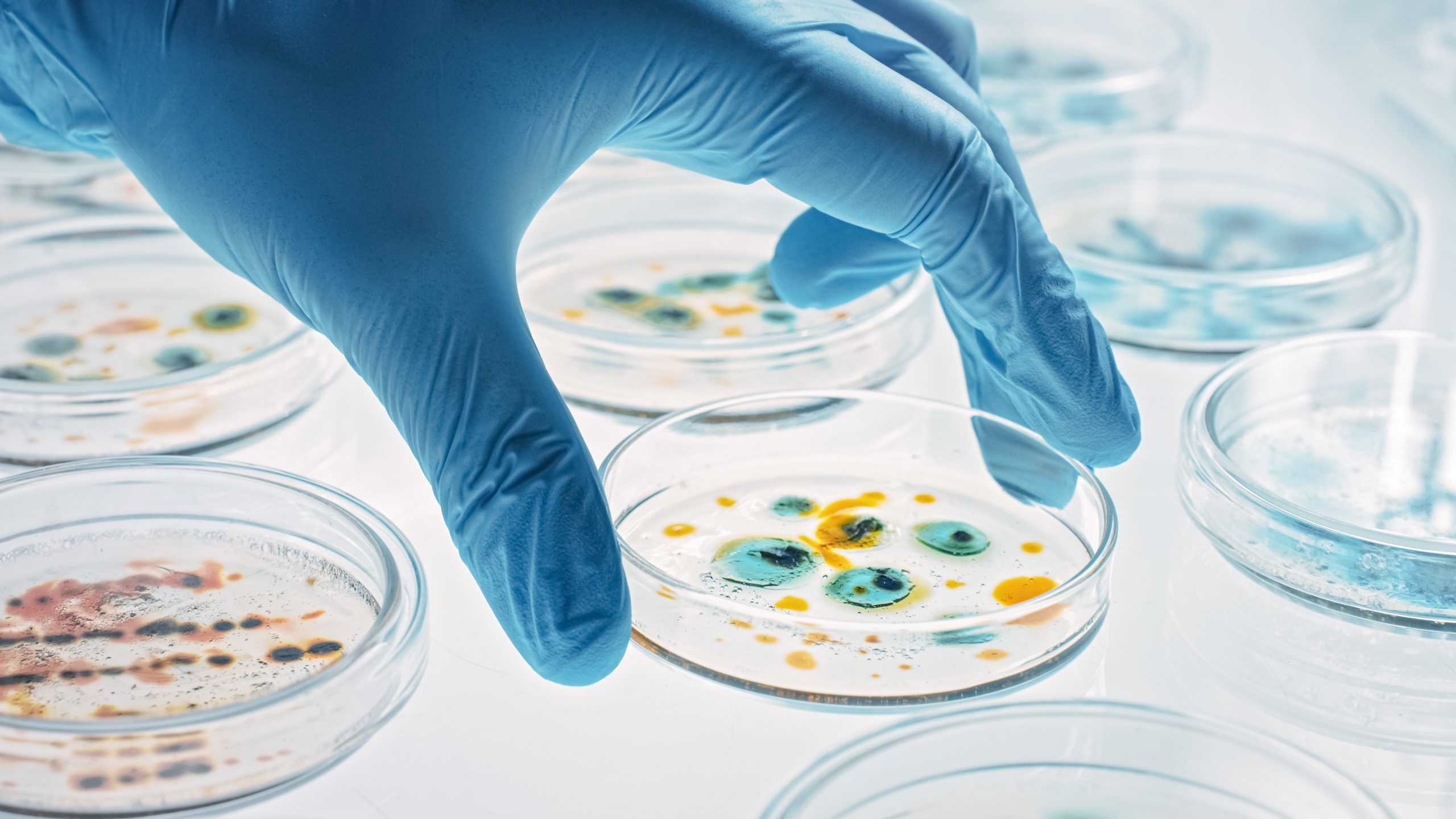Track-AMR
Track-AMR

Objective
We hypothesize that antimicrobial exposures increase HGT ARG transfer events from the commensal gut microbiome to enteric pathogens within human hosts, increasing the risk for enteric infections with AMR.
Description
The rapidly rising numbers of infections with pathogenic bacteria resistant to antimicrobials represents a major threat to global health and economic security. To combat this threat, intricate knowledge of the processes underlying the emergence and spread of antimicrobial resistance is necessary.
In this project, we aim to fill an important knowledge gap in antimicrobial resistance research, namely: how do bacterial enteropathogens acquire antimicrobial resistance genes and what are the roles of antibiotic usage and the indigenous human microbiome in this process. The human microbiome is known to be a reservoir for antimicrobial resistance genes (ARGs), but tracking ARGs and their spread among different bacteria has been inherently difficult due to methodological limitations.
AIGHD Research Lead
Vanessa Harris
Partners
Amsterdam University Medical Centre (AUMC)
Phase Genomics
Contact info
Project Manager – Mark van Knegsel (m.vanknegsel@aighd.org)
Funders
Health-Holland
Countries
The Netherlands
United States of America
